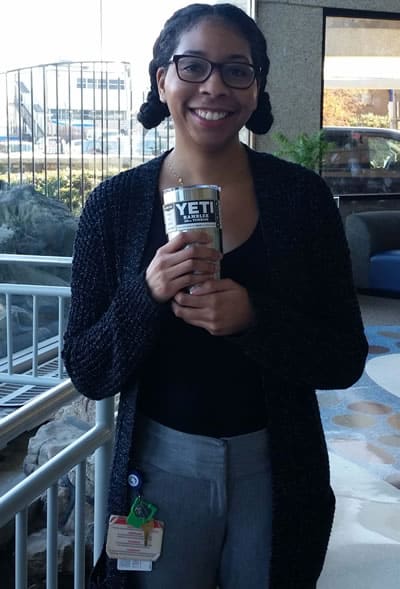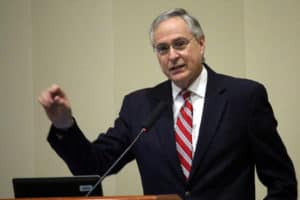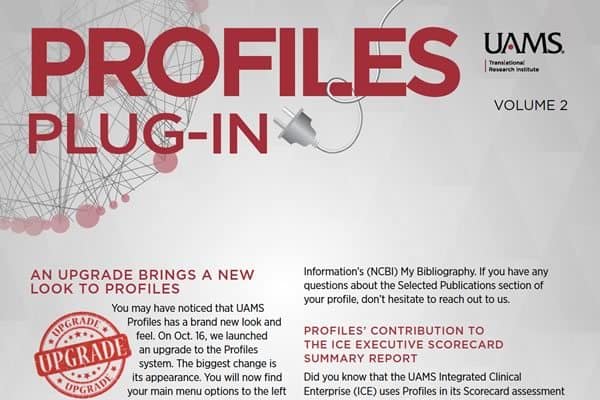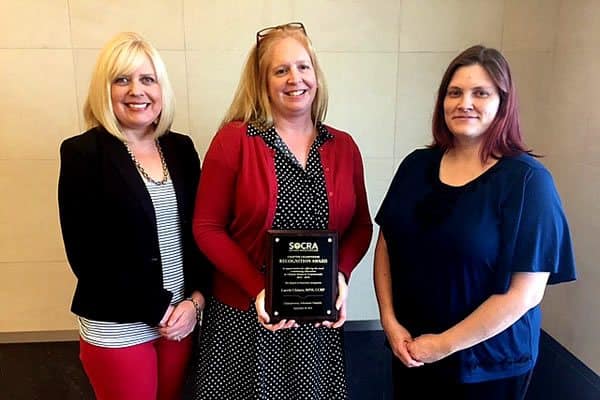
UAMS’ Youzhong Yuan, M.D., Ph.D., in the Department of Pathology, was our third and final Yeti Tumbler winner in drawings to celebrate UAMS Profiles’ recent system upgrade and first anniversary.
Kandi Stallings-Archer, M.D., won a Yeti Tumbler in our second drawing, and Jonathan Goree, M.D., was our first winner.
Profiles is a networking tool designed to help researchers, clinicians, educators and other faculty members connect with one another through their research/clinical/academic interests. All faculty members have a Profiles page, and all are encouraged to visit the site and edit/add to their personal profile.







